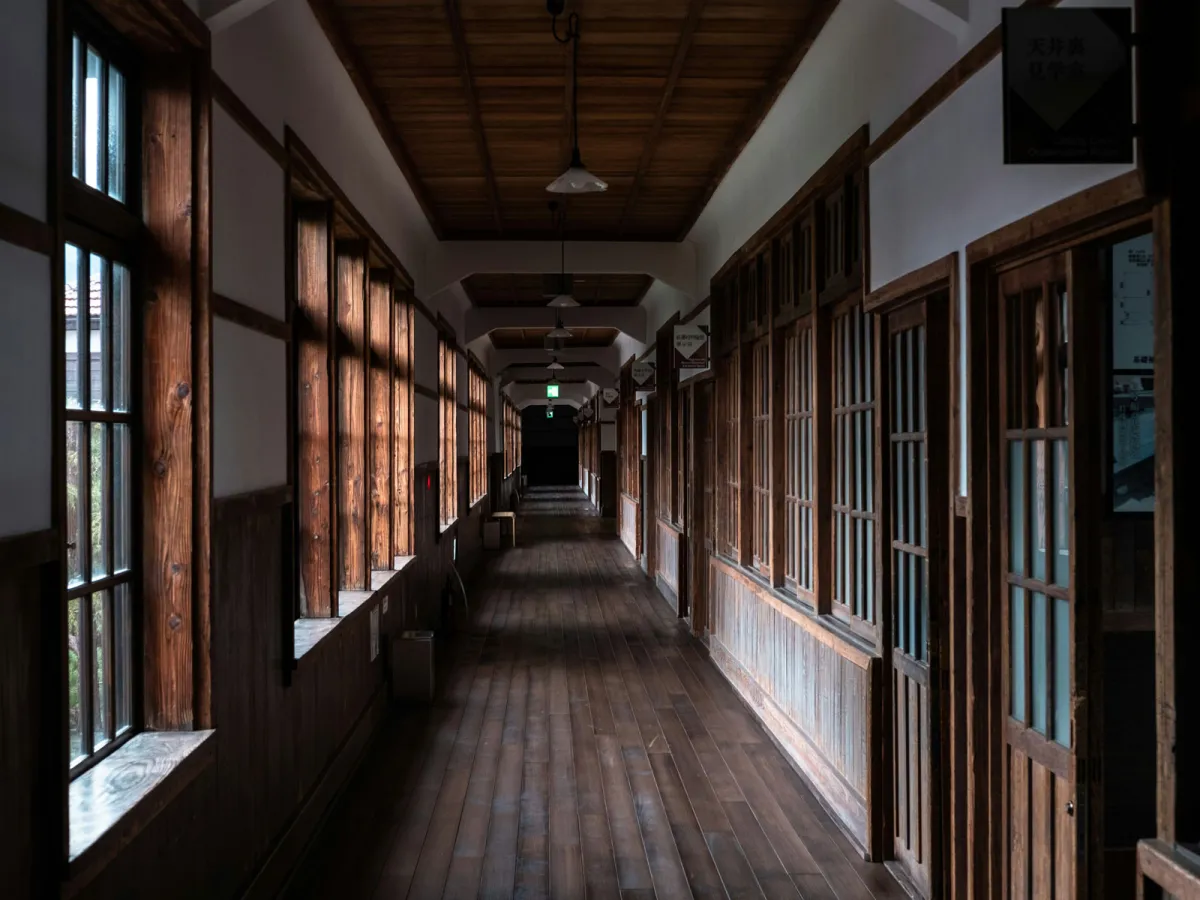
HIARB Helps Victims of Historic Institutional Abuse to Claim Compensation
The Historical Institutional Abuse Redress Board (HIARB) was created back in 2020. Its purpose was to acknowledge the institutional abuse suffered by many at the hands of those who were supposed to protect them. Now the HIARB scheme is getting ready to wrap up, meaning that those who haven’t come forward yet could miss out on the compensation they deserve.
A Chilling History of Institutional Abuse
Young people today couldn’t even begin to imagine the horrific and inhuman ways some children were treated historically. The majority of schools in the UK prior to the 1990s took a much stricter approach to discipline than teachers would ever dream of in this day and age. We’ve all heard the tales of a thrown board rubber that just missed the head of a misbehaving student. Harsh and often physical punishment was considered the norm back then in many institutions. There were limits, of course, but it still seems unnecessarily cruel by today’s standards.
However, there were those places that went a step further, treating the children placed in their care with horrific emotional and sexual abuse. The levels that these places sank to when it came to the treatment of their wards was nothing short of torture. While there are more safeguards in place to protect vulnerable children from this kind of abuse now, there are, sadly, instances where situations like this still arise. However, children are taken a lot more seriously that they were in the past and checks are done on staff members within modern establishments to attempt to mitigate this kind of disgraceful behaviour.
Children Suffering Institutional Abuse Would Have Been Too Scared to Come Forward
It’s hard to understand how this kind of abuse was allowed to happen, even within the context of harsher times. It seems that there was no limit to the amount of abuse a child could suffer in these places. From nasty words and name calling, to the worst cases of sexual assault you can imagine, institutional abuse went unseen or was brushed under the carpet. Victims would be beaten, humiliated, raped and threatened by the staff members who had been entrusted with their care.
Given the attitudes at the time, children were unlikely to come forward about the institutional abuse they were subjected to. This was due to a combination of fear, shame, and lack of trust in authority. The authoritarian nature of these institutions created an environment where children were intimidated into silence, fearing further punishment or retribution if they spoke out. Many were manipulated into believing that no one would believe them or that their claims would be dismissed. Given the fact that children were “seen and not heard,” that probably would have been the case.
The stigma associated with being in an institution may have also contributed to their reluctance. Children in these types of establishments often felt isolated and powerless, with little external contact or support. Additionally, society at the time failed to acknowledge mistreatment of children as abuse, as we would today. You will hear how it was commonplace for a “smacked behind” or a “clip round the ear.”
Findings from the Historical Institutional Abuse Inquiry
As children’s organisations across Northern Ireland were investigated, more and more cases of horrific abuse came to light. The Historical Institutional Abuse Inquiry took place over a four-year period and examined allegations of abuse in 22 residential institutions. These places were often run by charities and churches.
All in all, Chairman, Sir Anthony Hart, found disgraceful levels of physical, sexual and mental abuse that ran from 1922 to 1995. In his statement summarising the Inquiry’s findings, he paid tribute to the applicants who had found the courage to come forward about their institutional abuse.
“We know that for the great majority of applicants this was the first time they had described their experiences as children in residential care, even in some cases to members of their own family. Describing those experiences was not always easy, indeed at times it was clearly distressing and painful, and we thank them for their courage and determination in doing so. We hope that in some measure the process of giving evidence... helped those who were not listened to in the past.”.
In 2017, Sir Anthony recommended that a redress scheme be established as a matter of urgency and the HIARB was set up in 2018 with the redress scheme following shortly after. He determined that the minimum payout should be £7,500. The maximum payouts would be awarded to those who suffered the worst of the abuses, including those who were sent to Australia under the highly questionable Child Migrant Programme.
The HIARB also offers compensation to loved ones of family members who were survivors of historic institutional abuse.
Historic Institutional Abuse Has a Huge Impact on Many Areas of a Survivor’s Life
Historic institutional abuse has profound and long-lasting effects on survivors. These can manifest in various aspects of an individual's life, including psychological, physical, social, and economic domains. Here are some key ways in which this type of abuse can impact people throughout their lives:
Psychological and Emotional Effects of Institutional Abuse
Survivors often experience symptoms of post-traumatic stress disorder (PTSD), including flashbacks, nightmares, severe anxiety, and uncontrollable thoughts about the abuse. Sometimes, they will go on to perpetuate the abuse and abuse others.
Chronic feelings of sadness, hopelessness, and anxiety are also common. This can lead to suicidal thoughts and behaviours. Many survivors struggle with a diminished sense of self-worth and self-esteem, often stemming from the abusive treatment and negative messages they received while in the institution. Due to betrayal and mistreatment by caregivers, survivors often find it difficult to trust others, leading to challenges in forming and maintaining healthy relationships.
Institutional Abuse Can Lead to Physical Health Issues
The stress and trauma of historic institutional abuse can lead to long-term physical health problems, particularly when that abuse has been kept a secret. This can include chronic pain, gastrointestinal issues, and cardiovascular disease.
Many survivors turn to alcohol and drugs as a way to cope with the pain and trauma, which can lead to addiction and further health complications.
Social and Interpersonal Problems
Survivors often have difficulties in personal relationships due to trust issues, fear of intimacy, and communication problems. The shame and stigma associated with their past can lead to social withdrawal and isolation, exacerbating feelings of loneliness and depression.
In addition, those who suffered institutional abuse as children may struggle with parenting their own children, either becoming overprotective or having difficulty forming bonds.
The HIARB’s Compensation Scheme is Wrapping Up Soon!
The HIARB is available for anyone who suffered institutional abuse while resident at these places in Northern Ireland. However, the clock is ticking. The scheme will end on the 2nd April 2025 and you will not be able to apply to the scheme after this date.
Therefore, we encourage anyone who suffered historical institutional abuse or is related to someone who did, between 1922 and 1995 to contact us as soon as possible. We offer a free, no obligation consultation, where you will be advised as to whether you are eligible for the scheme, in the first instance. After that assessment, our costs are fixed on a No Win No Fee agreement. Meaning that you only pay us if your claim is successful and will not be required to pay until you have received your payout.
If you feel you may be eligible, please contact our CICA Expert, Stacey Flegg, to discuss your case. We understand that no amount of money will ever repair a person’s suffering. There’s nothing that can take away the pain of childhood abuse. Nonetheless, we could help you to secure a better future by acknowledging your suffering and helping you to achieve compensation.
You can contact us on 0113 320 5000 or email @email.
Please remember that this scheme is only for institutions in Northern Ireland. This is because it was established by the Historical Institutional Abuse (Northern Ireland) Act 2019 as a way to acknowledge the abuse suffered by people in residential institutions in the province.

